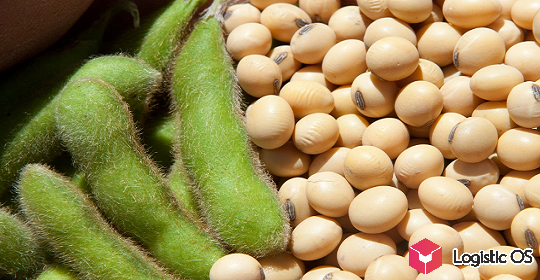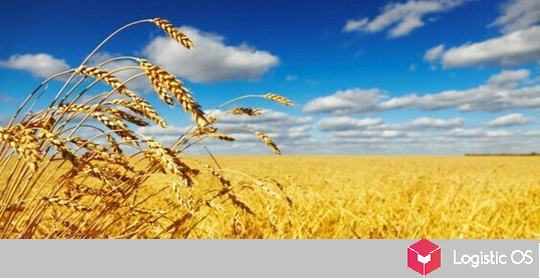Rusagrotrans raised its forecast for grain harvest this season to 154 million tons.
Previously, a volume of about 150 million tons was expected, which was also an all-time record.
But given the latest data, there is reason to believe that real volumes will be even higher.
In particular, Rusagrotrans believes that 101.5 million tons of wheat can be harvested in the country, including up to 40 million tons in the South of the country, up to 21.8 million tons in the Volga region, and up to 10.4 million tons in Siberia.
Good forecasts for other crops, and they are also increased.
For example, the corn harvest is expected to reach 16 million tons, which is also a record figure. It is planned to harvest 23.3 million tons of barley.
The situation with oilseeds is also positive.
In general, it is assumed that their volume will be 27.2 million tons. Including, 5.9 million tons is soybean, 4.4 million tons is rapeseed, 16.7 million tons is sunflower.
As for the latter, it is one of the few crops whose harvest forecast was not raised, but lowered by Rusagrotrans.
The main reason is the prolonged rains that are going on right now in the Chernozem and Volga regions.
They interfere with sunflower harvesting, which can lead to the loss of part of the crop.
There is also the possibility that part of the sunflower will not be harvested before winter due to lack of time and weather conditions, as a result, the plants will have to spend the winter in the fields.
But experts say that there is nothing to worry about, and cleaning can be safely continued after the onset of spring.
The harvest in Russia is 5% higher than last year
At present, the harvesting campaign in Russia is about 95% completed, so it is already possible to draw conclusions about how successful the season as a whole turned out to be.
As Vice-President of the Russian Grain Union Alexander Korbut noted, compared to last year, the Russian Federation will be able to harvest approximately 5.2% more crops this year.
First of all, such good results were achieved due to weather conditions, which were mostly favorable, in contrast to the 2021 season, which had to deal with significant droughts.
At the same time, as Korbut noted, the year can be considered successful for crop growers mainly in terms of production volumes.
But with regard to margins and revenues, there may be problems, since low prices on the world market and serious export duties are superimposed on the difficulties with exporting crops that have arisen due to sanctions.

